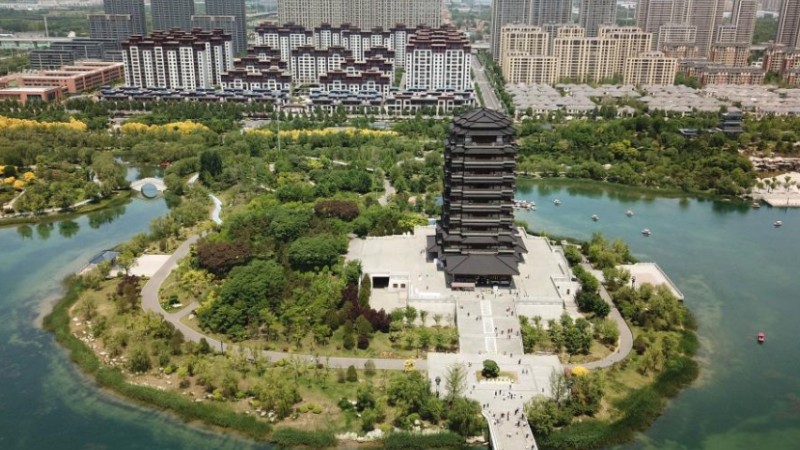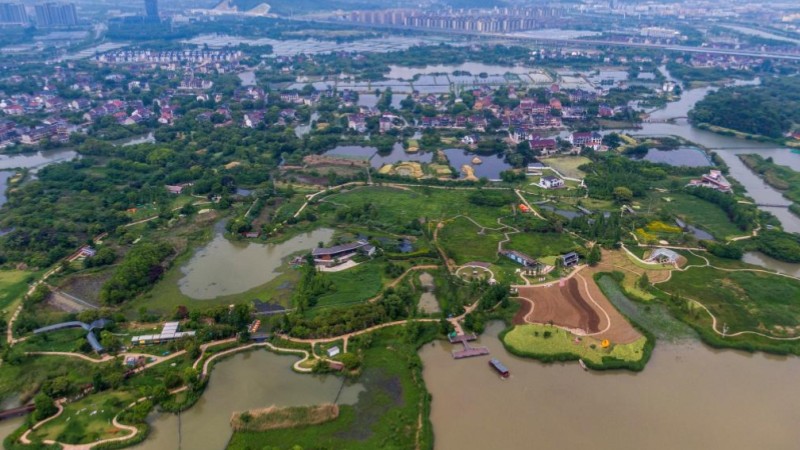Interview: Native boarding school system seen as ugly chapter in American history, says researcher
NEW YORK, May 11 (Xinhua) -- The decades-long boarding school system targeting American Indians in the 19th and 20th centuries is a particularly ugly chapter of U.S. history, a genocide that is impossible to be whitewashed, said a U.S. researcher.
The system, extremely detrimental to Native Americans, was a form of genocide which complies with the United Nations' definition of genocide, said Barbara Landis, who had worked as Carlisle Indian School Biographer for the Cumberland County Historical Society in Pennsylvania for decades.
"I don't think there's any way to whitewashed that," said Landis, who maintains a website aimed at forwarding the names of the former Carlisle Indian school students to their respective nations since 1993.
Landis sometimes guides tours of Carlisle Barracks, where then Carlisle Indian School was located and at least 180 Native American students from the school were buried.
Richard Henry Pratt, who founded Carlisle Indian School in 1879 as the first off-reservation Indian boarding school in the United States, was well-known for his credo "Kill the Indian, and Save the Man."
The phrases are so violent and represent the thinking of many nations and communities, which literally hoped indigenous people would get swallowed up by the dominant culture, said the retired historian.
Though Pratt's thinking is often excused by saying he was a product of his time, Landis said, "I can't excuse that. It's racism. And we have to confront that. It has not changed. What happened 135 years ago is still a problem in our country and in many countries."
Landis said she would never want to see something like this happening again in the United States or anywhere.
While other countries have instituted apologies into their school curriculum, the U.S. federal government launched an investigation into the Native boarding school in mid-2021, noted Landis.
"I don't think that this country is ready for an apology," said Landis.
There has to be better awareness in education about this particular aspect of U.S. history before there can be an apology and the indigenous voices need to be heard much more before any kind of reconciliation can come to be, according to Landis.
The U.S. education system needs to focus on other cultures, encourage students to learn other languages, travel and experience a wide variety of ideas, cultures and ways, as well as learn to enjoy the other rather than to be fearful, she said.
Native American children suffered abuse at federal Indian boarding schools between 1819 and 1969, according to a report by the U.S. Department of the Interior in 2022.
The federal Indian boarding school system was "expansive," consisting of 408 schools across 37 states or then-territories, showed the report.
Photos
Related Stories
Copyright © 2023 People's Daily Online. All Rights Reserved.









